Deadly heat sets alarm bells ringing over Paris Olympics
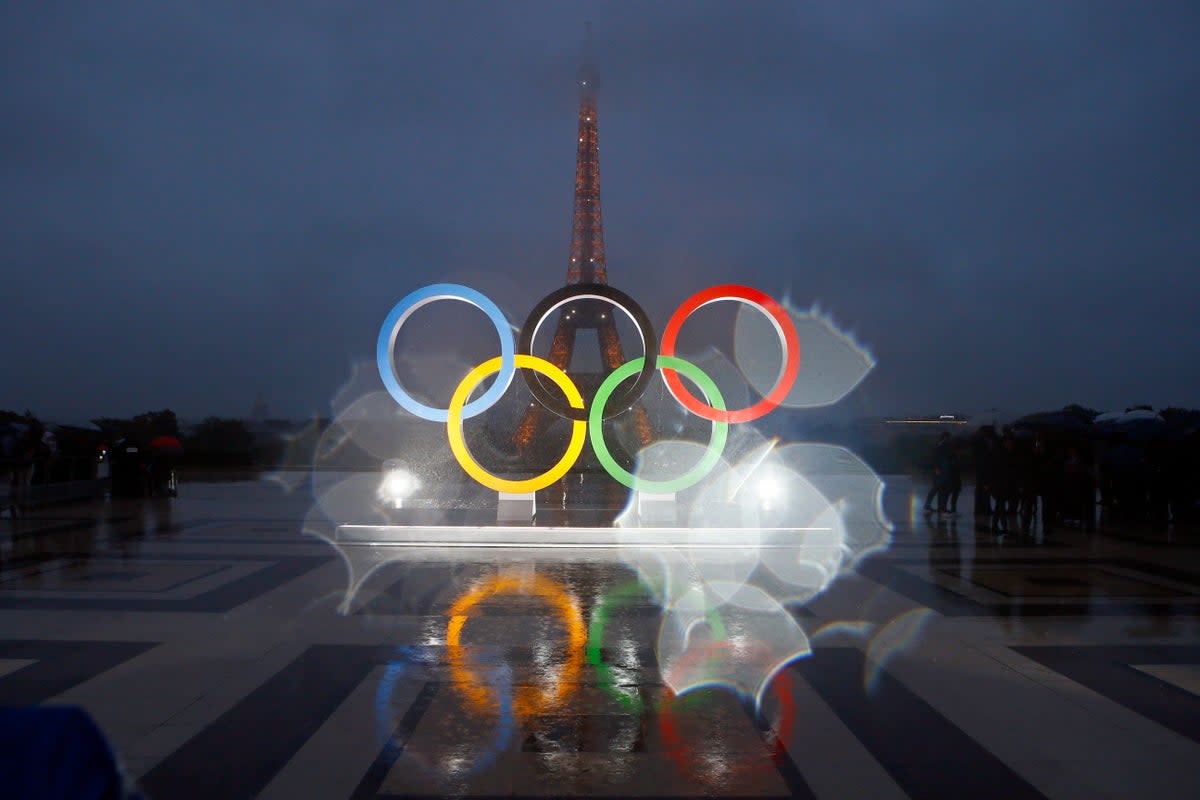
Top athletes and experts have warned that extreme heat in July and August could lead to competitors collapsing or, worse yet, dying at the 2024 ParisOlympics.
A group of 11 Olympians, climate scientists and heat physiologists from the University of Portsmouth sounded the alarm in a new report, “Rings of Fire”, released on Tuesday.
They said intensifying heatwaves had made holding the Olympics in summers “impossible” as extreme temperatures limited the ability of athletes to perform and left them prone to potentially fatal heat exhaustion.
Average temperature in Paris during the Olympics is expected to be 21 degrees Celsius, but maximum temperature can exceed 30C on many days, making it harder for athletes to perform rigorous physical activities.
“It’s a terrifying prospect when we see the direction things are heading and how rapidly the climate is deteriorating around us,” said Katie Rood, a striker for New Zealand’s football team.
Jamie Farndale, a rugby 7s player for Great Britain, said: “It is not in an athlete’s DNA to stop, and if the conditions are too dangerous, I do think there is a risk of fatalities.”
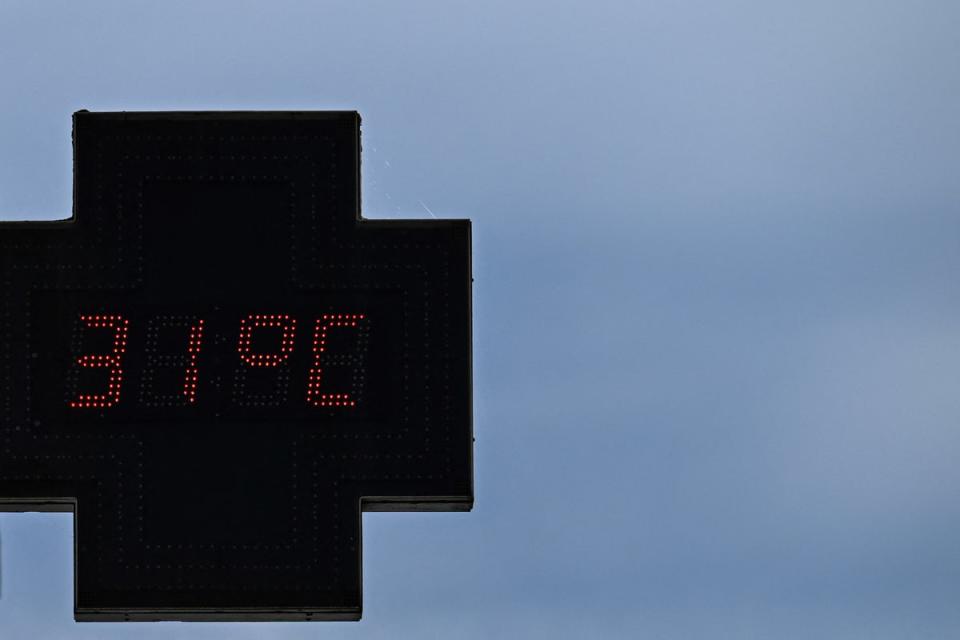
The climate researchers examined how temperatures had changed since the Olympics were last hosted in Paris and France a century ago in 1924, with analysis suggesting an average 3.1C warming for those weeks in July and August.
The researchers cited the example of 2020 Tokyo Games, the hottest in history, with temperatures soaring above 34C and humidity levels near 70 per cent.
The Paris Games are expected to be “the hottest in history”.
The year 2023 was the hottest on record and 2024 could break the record.
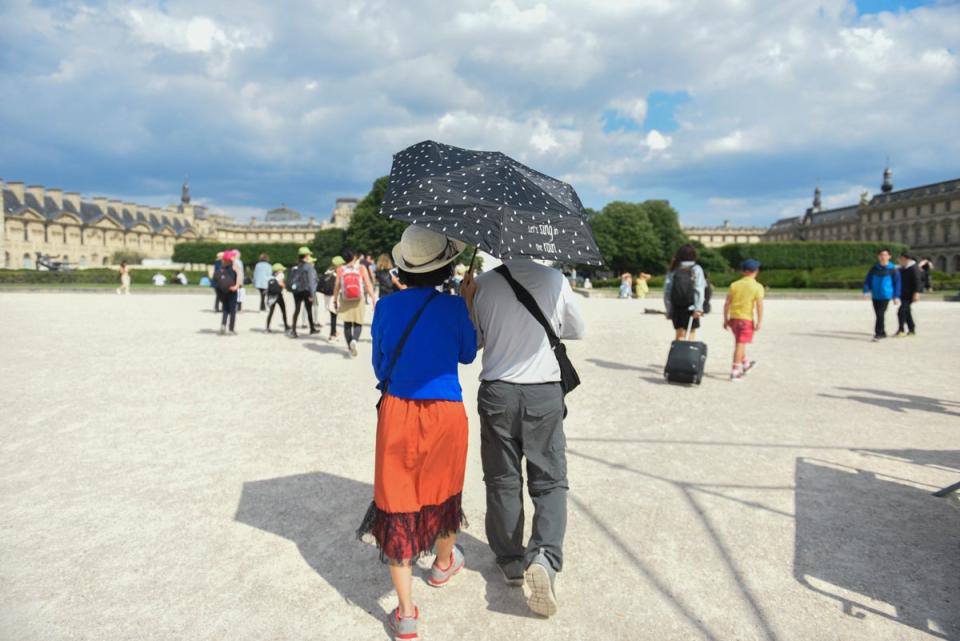
The report also drew parallels with the deadly heatwave in France in 2003 which claimed nearly 14,000 lives.
Speaking ahead of the report’s release, Kaitlyn Trudeau, senior research associate at Climate Central, said there was “no doubt that the Earth’s temperatures are on a trajectory that will make it nearly impossible, if not completely impossible, to host summer Olympics” if “concerted efforts” were not made to cut carbon emissions.
The body struggles to cool down when extreme heat is combined with humidity and can suffer heat stress, dizziness, exhaustion, and heat stroke.
“It is not in an athlete’s DNA to stop, and if the conditions are too dangerous, I do think there is a risk of fatalities.”
Jamie Farndale, a rugby 7s player for Great Britain
The report recommended shifting athletic competitions to cooler months or cooler times of the day.
Samuel Mattis, discus thrower on the American Olympic team, said hot conditions disrupted the Olympic track and field trials in 2021, which eventually had to be held in the evening even though it was still around 30C.
“I think in a lot of places, in the US and around the world, summertime competitions unless they’re held in the middle of the night are going to become essentially impossible,” he said.
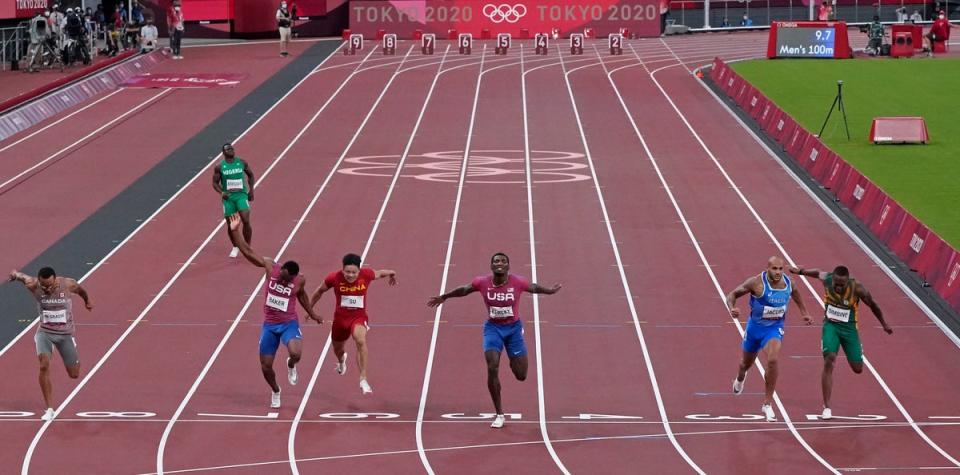
Climate experts also asked to enhance rehydration and cooling plans for athletes and spectators.
France is trying to make the Paris Olympics “green” and one green measure is not using air conditioners, a decision that has drawn ire from participants.
Instead, it plans to use an eco-friendly underground cooling system that draws water from the Seine river.
So some delegations are taking matters into their own hands. According to the Washington Post, several national delegations are planning to show up in the French capital with fleets of portable air conditioning units of their own.
Mr Farndale, who was involved with the report, said that extreme heat “takes a lot away from you”.
“I found myself in these conditions where you’re literally trying to get through the next phase of play, your hands are sweaty, you can only concentrate on catching the ball so I think it makes a worse game. It’s also dangerous.”
The British player said he wanted the sports sector to sound an “alarm bell” to prevent global heating as well as look at adaptation methods such as moving the schedules.
“We need to fight for every tenth of a degree that we possibly can,” he said.
Many athletes are already suffering before getting to Paris.
Pragnya Mohan, a star Indian triathlete, said she could no longer train in her home country because of the heat.
She said sponsors sought “more visibility” so events tended to be held in the afternoons for maximum public turnout, meaning she had to compete in “extremely dangerous” conditions with temperatures soaring above 40C and humidity at over 80 per cent.
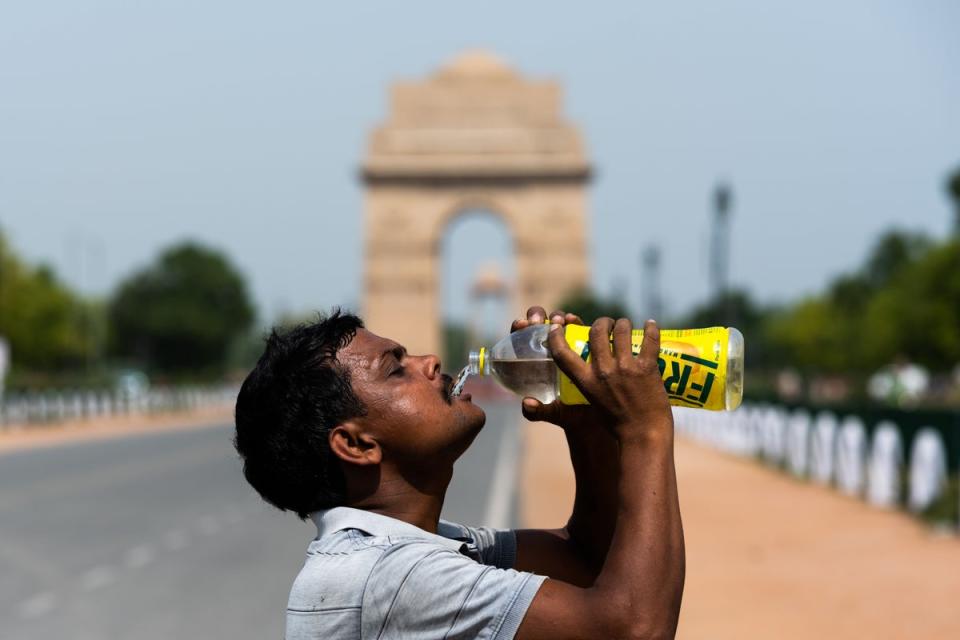
The report suggested encouraging athletes to speak about the climate crisis, fostering partnerships with sporting bodies and athletes for climate awareness and rethinking implications of fossil fuel sponsorships in sports.
“For athletes, from smaller performance-impacting issues like sleep disruption and last-minute changes to event timings, to exacerbated health impacts and heat-related stress and injury, the consequences can be varied and wide-ranging,” Lord Sebastian Coe, president of World Athletics and Olympic medallist, said.
“With global temperatures continuing to rise, climate change should increasingly be viewed as an existential threat to sport.”


